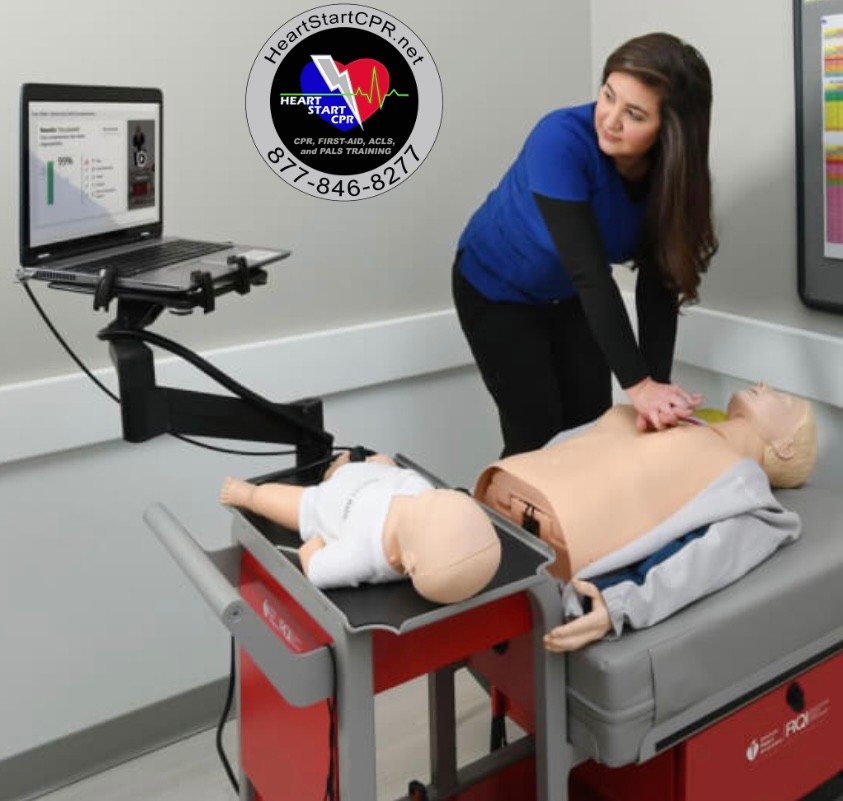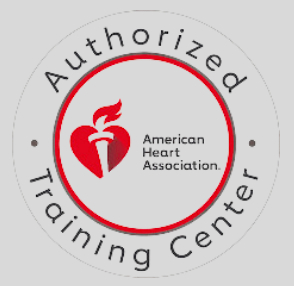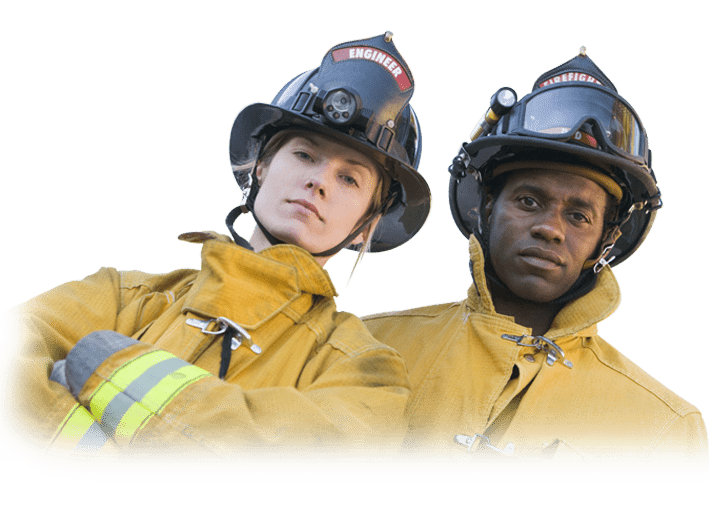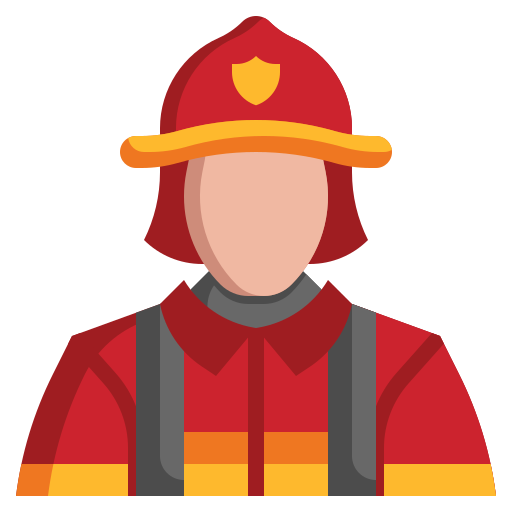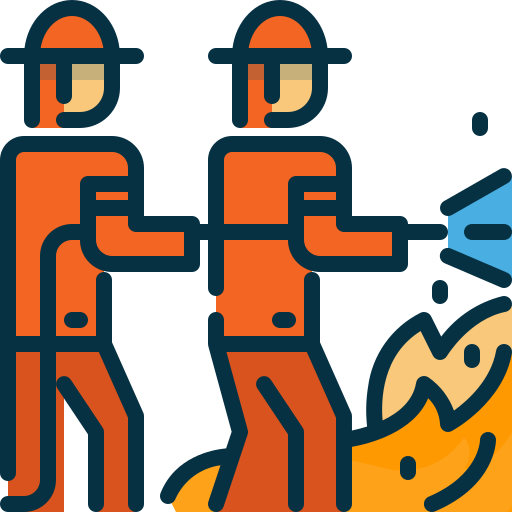
Fire Training Courses at Heart Start CPR
Heart Start CPR offers various courses related to fire training. We offer various courses specially designed for aspiring company officers looking forward to working in the Fire department. Some of our courses are also designed for fire fighters, fire investigators and law enforcement officers assigned to fire investigation. fire investigator certification is provided after the completion of respective courses. Heart Start CPR offers fire training courses in San Francisco Bay Area and Oakland, San Jose, San Ramon, etc. We have trained experts in our team teaching these courses.
We create small groups for our sessions so as to provide a more personalized and detailed instruction session. At Heart Start CPR, we offer the following fire training courses:
Fire Service Courses
- Social Media For The Fire Service
- Company Officer 2A: Human Resource Management (2014)
- Company Officer 2B: General Administrative Functions (2014)
- Company Officer 2C: Fire Inspections and Investigations (2014)
- Company Officer 2D: All-Risk Command Operations (2014)
- Chief Fire Officer 3A: Human Resource Management
- Chief Fire Officer 3B: Budget and Fiscal Responsibilities
Fire Instructor
- Instructor I
- Instructor II
- Instructor III
Fire Investigator
- Fire Investigation 1A: Basic Fire Investigation
- Fire Investigation 1B: Evidence and Documentation
- Fire Investigation 1C: Preparation for Legal Proceedings


Fire Service Courses

Fire Investigator (2017)
Who is This Fire Training Classes For?
Benefits of the Fire Investigator Training Course
Fire Investigator Training equips professionals with the technical, legal, and interpersonal skills they need to conduct effective and responsible investigations. It promotes career growth, adherence to standards, and the ongoing safety of communities.
- Understanding Fire Behavior: Training equips investigators with an understanding of how fires start, spread, and consume materials. This knowledge is vital for determining the cause of a fire.
- Legal and Ethical Knowledge: Fire investigators must adhere to legal procedures and ethical standards. Training in these areas ensures that they conduct investigations that stand up in court.
- Evidence Collection and Analysis: Proper training teaches investigators how to identify and preserve evidence. This includes recognizing patterns and indicators, documenting the scene, and using scientific methods to analyze evidence.
- Use of Technology: The training often covers the latest technology used in fire investigations, such as computer modeling and other analytical tools, providing investigators with the most up-to-date techniques.
- Interpersonal Skills: Fire investigators need to interview witnesses, work with other emergency services, and interact with various other stakeholders. Training helps in developing these essential communication skills.
- Safety Protocols: Investigating a fire scene can be hazardous. Training ensures that investigators understand the risks and how to mitigate them, protecting both themselves and others.
- Career Advancement: For those looking to advance in the field, specialized training in fire investigation can make them more competitive for higher-ranking positions. It can also lead to certification, a mark of professionalism in the field.
- Compliance with Standards: Many jurisdictions require fire investigators to meet specific standards or have certain certifications. Training ensures compliance with these regulations, facilitating the investigator's ability to work in various locations.
- Contribution to Community Safety: By accurately determining the causes of fires, investigators contribute to community safety. Understanding how fires start leads to better prevention strategies, reducing the risk of future fires.
- Continuous Learning: The field of fire investigation is always evolving with new technologies, methodologies, and regulations. Training ensures that investigators stay current with these changes, maintaining their effectiveness and relevance in the field.

Meet Your Fire Training Instructor
Meet our fire training instructors – seasoned firefighters with a combined 18 years of experience. Specializing in fire investigations, our instructors have crafted a dynamic training program that covers everything from fire investigation courses to fire inspector training.
Our Fire training classes are led by these experts, who have faced the heat and emerged with vital skills and insights. They specialize in various domains, including the comprehensive fire investigation course that uncovers the science and methodology behind determining fire causes.
Join us and benefit from hands-on guidance, where excellence in fire safety is not just taught but lived. Your future in fire safety is in good hands.
FREQUENTLY ASKED QUESTIONS
- Making a significant difference in community safety
- Engaging in challenging and rewarding work
- Having multiple career advancement opportunities
- Interacting with professionals across various fields
- Receiving competitive compensation
- Achieving high levels of job satisfaction
- Applying skills flexibly across different areas
- Building a valuable professional network
- Contributing to the enforcement of justice
- technical skills to use various investigative tools
- communication skills to share your findings
- physical fitness to navigate fire scenes
- legal knowledge to adhere to regulations
- interpersonal skills to work with others
- commitment to continuous learning
- ethical integrity to ensure fair investigations

